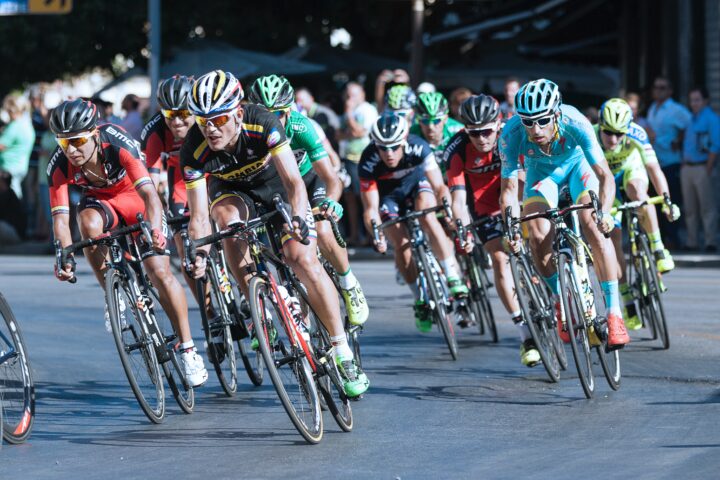
How to Manage Competition Stress
Coach Julie Young explores the science, mental skills, and strategies that help us manage the stress of racing.
Grit. Mental toughness. Resilience.
Fitness isn’t what separates the elites. It’s their ability to suffer, to manage their attitude, and to know when to push and when to pull back.
See what sport psychology methods high-level athletes use and which we can adopt during our own training and racing.

Coach Julie Young explores the science, mental skills, and strategies that help us manage the stress of racing.
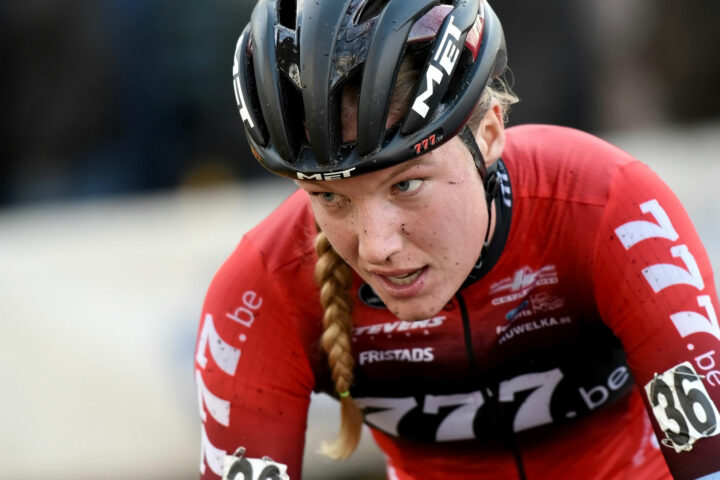
The very best athletes are as strong mentally as they are physically. In the Sport Psychology Pathway from Fast Talk Labs, we explore how to build mental skills with experts like Dr. Simon Marshall, Julie Emmerman, Grant Holicky, Lesley Paterson, and Julie Young.
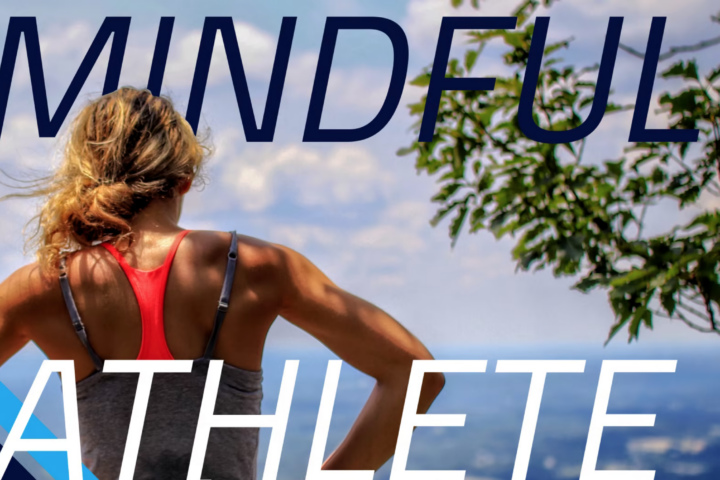
Coach Grant Holicky details the concept of mindfulness, how to attain it, and how it can help performance.
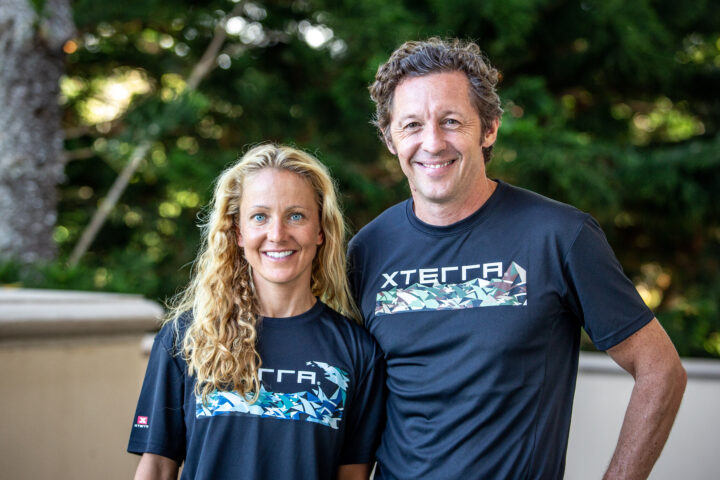
We discuss the underlying principles of an athlete’s psychological welfare, and why our thoughts and feelings are simply emergent properties of brain and nervous system physiology.
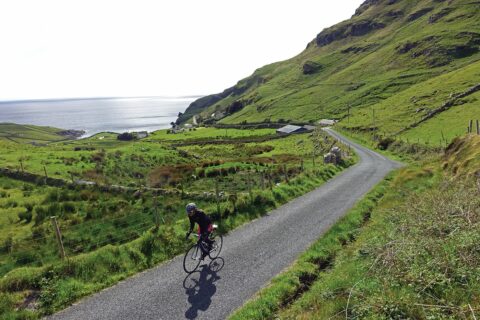
What lessons did we learn from a challenging 2020? What event or adventure plans do we have in 2021? We dive in.
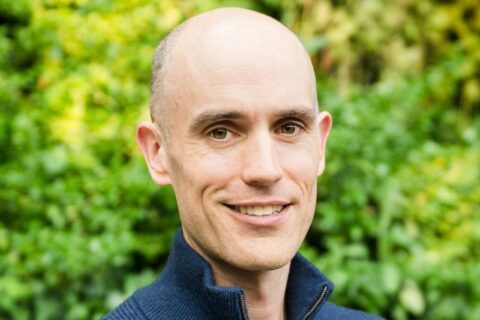
Endurance sports journalist Alex Hutchinson joins Fast Talk Labs to help explain teleoanticipation and pacing.

Physiological improvements are not the only way to maximize performance. Dr. Cheung explores the psychology of feedback, deception, and perception.
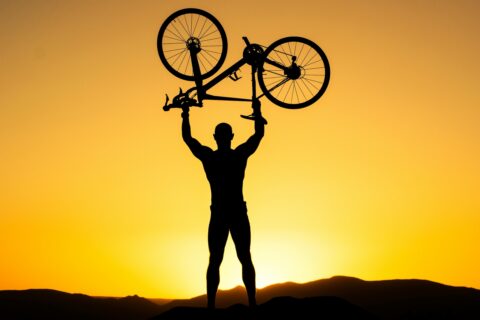
The offseason is the perfect time to assess our previous season, set goals and strategies for the coming season, and incorporate those into our training plans.

Many athletes worry that they will lose fitness if they skip too many days of training. While detraining does occur over time, there are also many benefits to taking a break.

Physical therapist, Ron Kochevar, deconstructs his belief systems around your individual capabilities such as pain and being in the right mental space to help your body heal.

Pick a flat or mostly flat terrain, start biking, then listen to Colby Pearce’s moving meditation podcast to relax and think deeply as you ride.
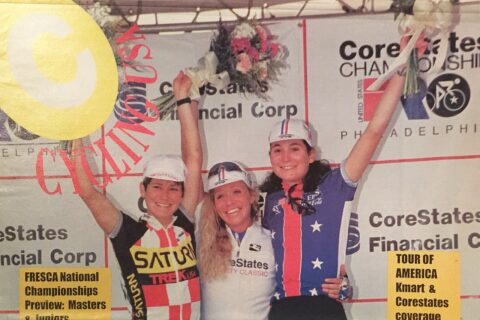
Train by data or train by feel? Here to unpack the duality of data and intuition in endurance athletics is cycling coach and former pro cyclist, Julie Young.

In his continued efforts to help you find balance between life and sport, in this episode, Colby focuses on the six foundational principles of a well-balanced life, as prescribed by Paul Chek of the Chek Institute.
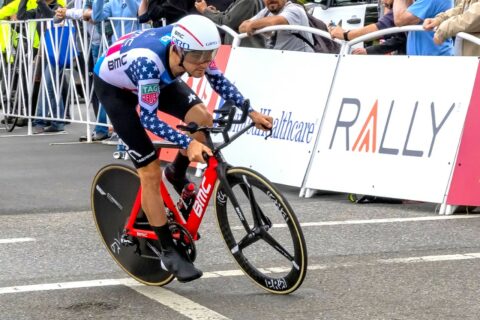
Trevor did several great interviews with four top pros—Toms Skujins, Kiel Reijnen, Joey Rosskopf, and Larry Warbasse—for an article he was writing several years ago, and now we want to share their full wisdom.
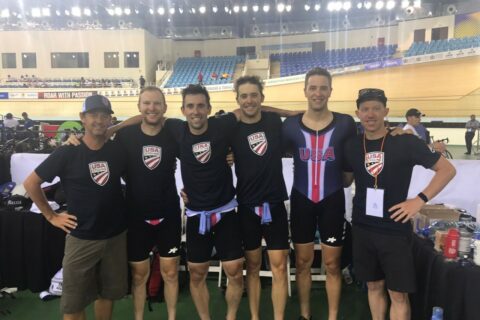
What’s better: a bigger engine or one that’s tuned for a specific goal race? USA Cycling’s performance director Jim Miller shares his training philosophy.

We take a step back, off the bike, to focus on the alignment of your mental state.
Colby and his former athlete Lydia Tanner discuss her eating disorder and how it affected her training, then her recovery.
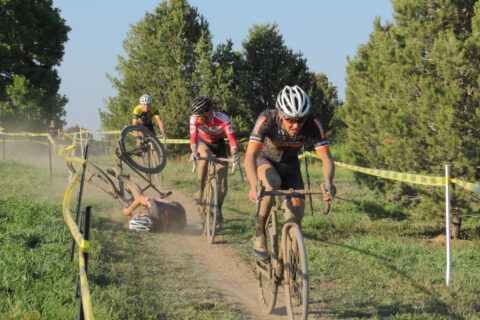
We provide the psychological tools that will help both with uncertain circumstances in life (like a pandemic) and with addressing the emotional rollercoaster that is bike racing.
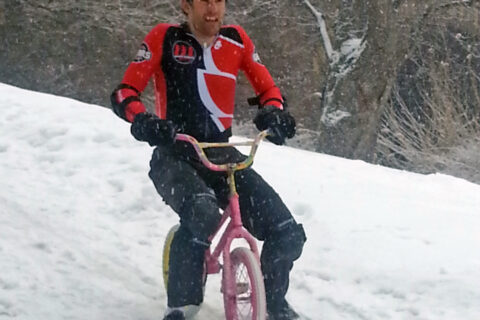
In episode 104, we wanted to give you something you’ve come to love about Fast Talk: a discussion on the science of training, and specifically answering your training questions about respiratory exchange rates, effectively using your bike commutes, and how to balance life with training.
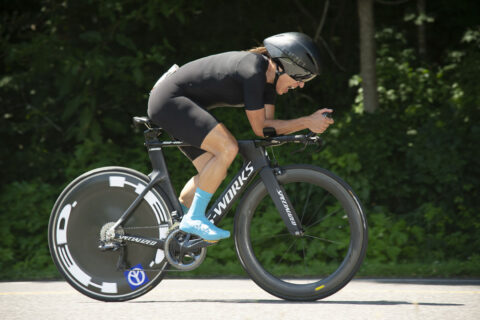
What is confidence? What is resiliency? What is pressure, and how can we better handle it? These are some of the questions we tackle in today’s episode.
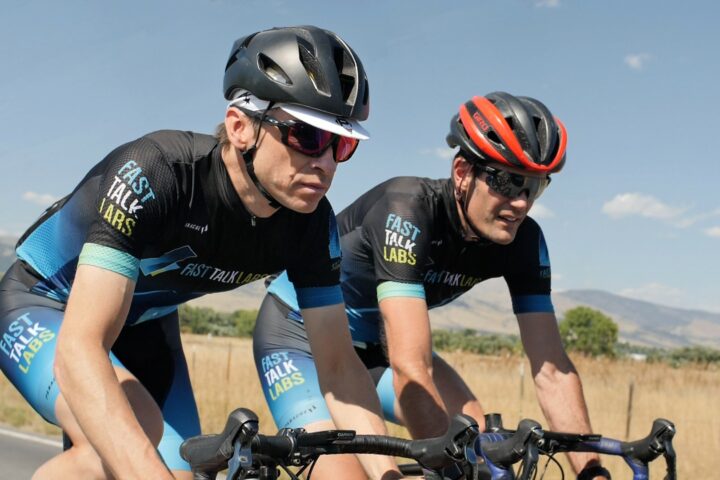
We take on questions about training while fasted, goal–setting analysis, and have a discussion on the polarized training approach.

We discuss self-care, spending time on relationships, knowing your personal limits, and working to keep your passions alive while training and racing.